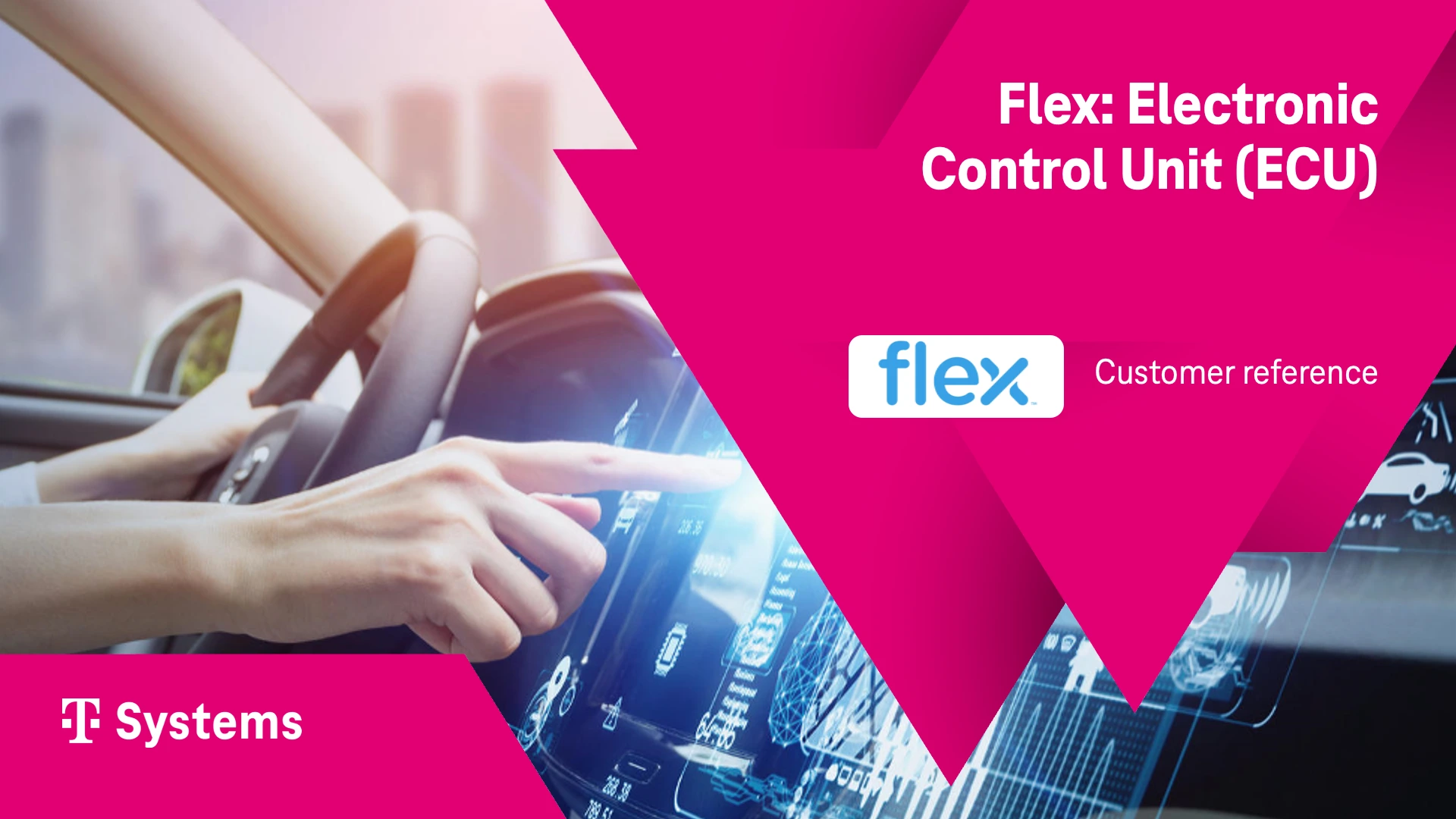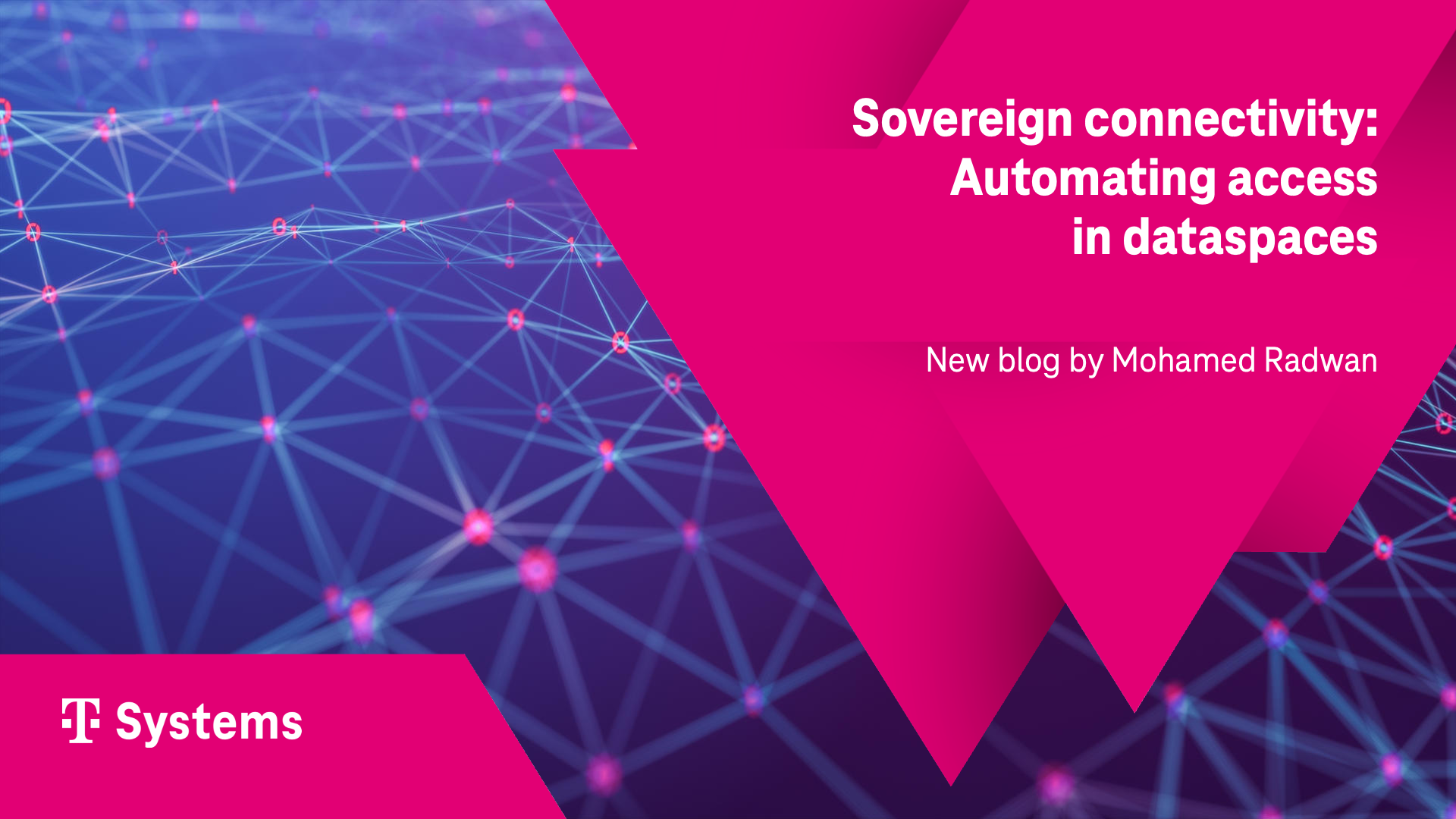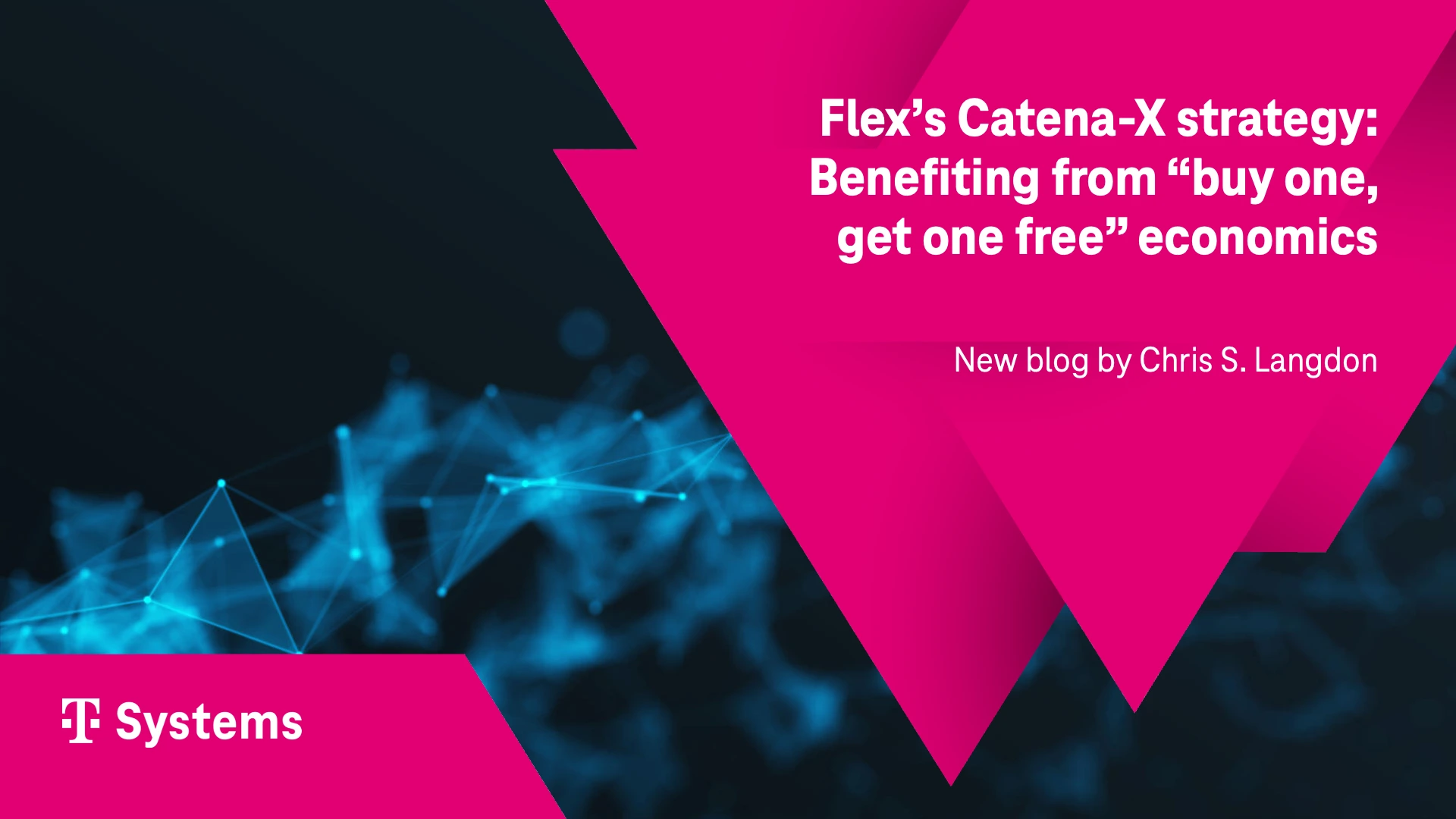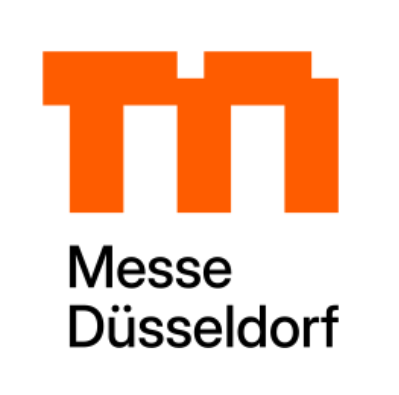Infrastructure as a Service
Glossary Page
Infrastructure as a Service (IaaS) refers to a cloud computing model in which a user can access typical services provided by a data center, such as IT infrastructure, while mostly managing their own computing instances, which are virtual servers. The user is not required to operate their own servers, storage, network components, and other hardware, and is billed based on usage. However, the user is responsible for selecting, installing, operating, and ensuring the proper functioning of their own software. The key advantage of IaaS compared to owning a data center is the high scalability of computing instances, which can be easily expanded or reduced based on demand.
https://it-gipfelglossar.hpi-web.de/iaas/
Latest Webinars
Latest Articles

Flex: Electronic Control Unit (ECU)
Flex partnered with T-Systems to migrate ECU data exchange to Catena-X, enabling secure, multiregional, real-time validation across global production sites. Using T-Systems’ Connect & Integrate solution, Flex achieved end-to-end integration, API and Cofinity-X interface testing, and a fully validated production setup. This scalable dataspace foundation now supports future use cases including Product Carbon Footprint, Certificate Management, Battery Pass, and global traceability, while maintaining full data sovereignty.
Read more

Andrea Garcia
Jan 16, 2026

Sovereign connectivity: Automating access in dataspaces
Sovereign connectivity in dataspaces requires automating network access to ensure security, compliance, and operational scale. In the Data Intelligence Hub, we replace manual firewall updates with a declarative, Kubernetes-native model using Custom Resource Definitions (CRDs). Customers define their allowed IP ranges through a self-service portal, which generates an IpAccessPolicy object representing the desired state. A controller then reconciles this state with the underlying infrastructure, automatically updating Kubernetes Ingress configurations and preventing drift. This architecture ensures auditability, validates inputs before enforcement, and keeps network access aligned with the principles of data sovereignty across multi-tenant environments.
Read more

Mohamed Radwan
Jan 15, 2026

Flex’s Catena-X strategy: Benefiting from “buy one, get one free” economics – Executive brief
Flex leverages Catena-X to build a reusable, standards-based automotive data ecosystem. By starting small and scaling through economies of scope, Flex delivers multiregional data solutions for ECU management, certificate compliance, and supply-chain traceability, enabling sovereign data sharing, faster innovation, and cost-efficient reuse across multiple OEMs and use cases.
Read more

Chris S. Langdon
Jan 12, 2026





